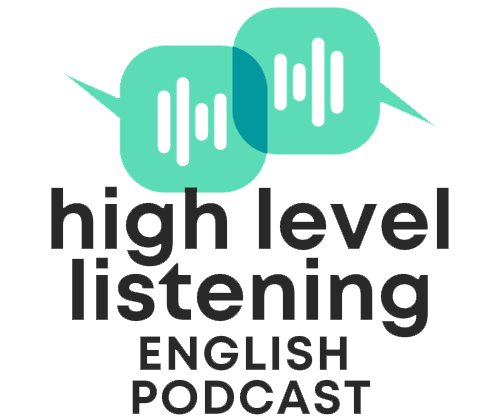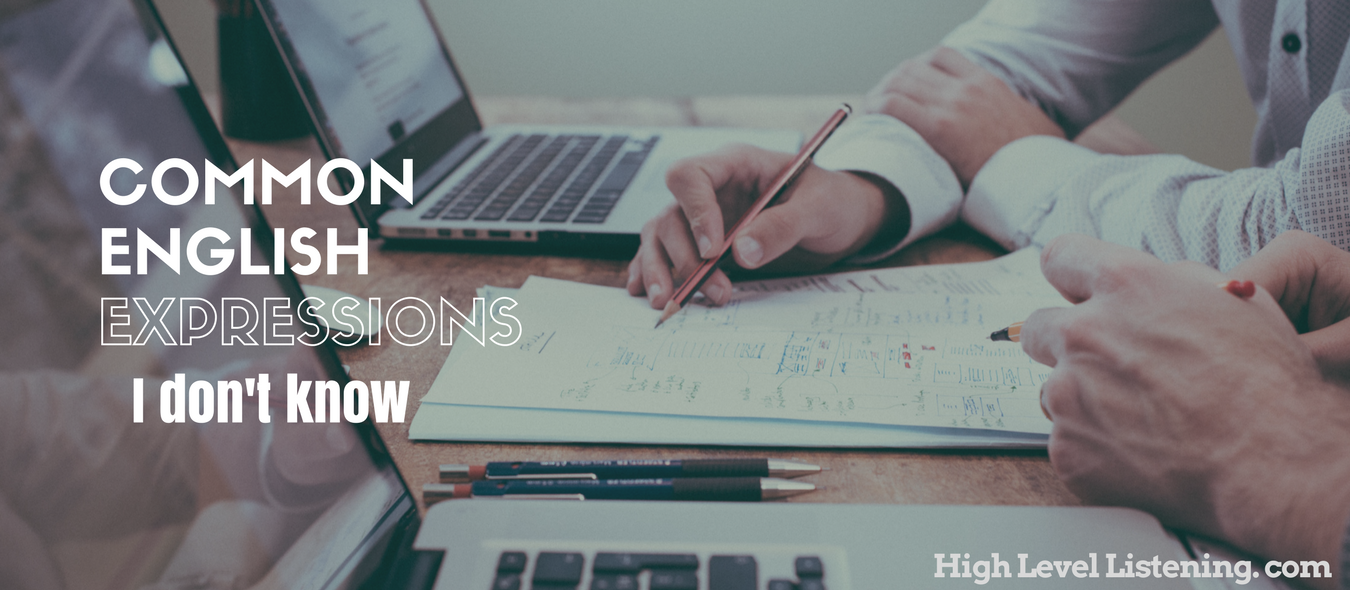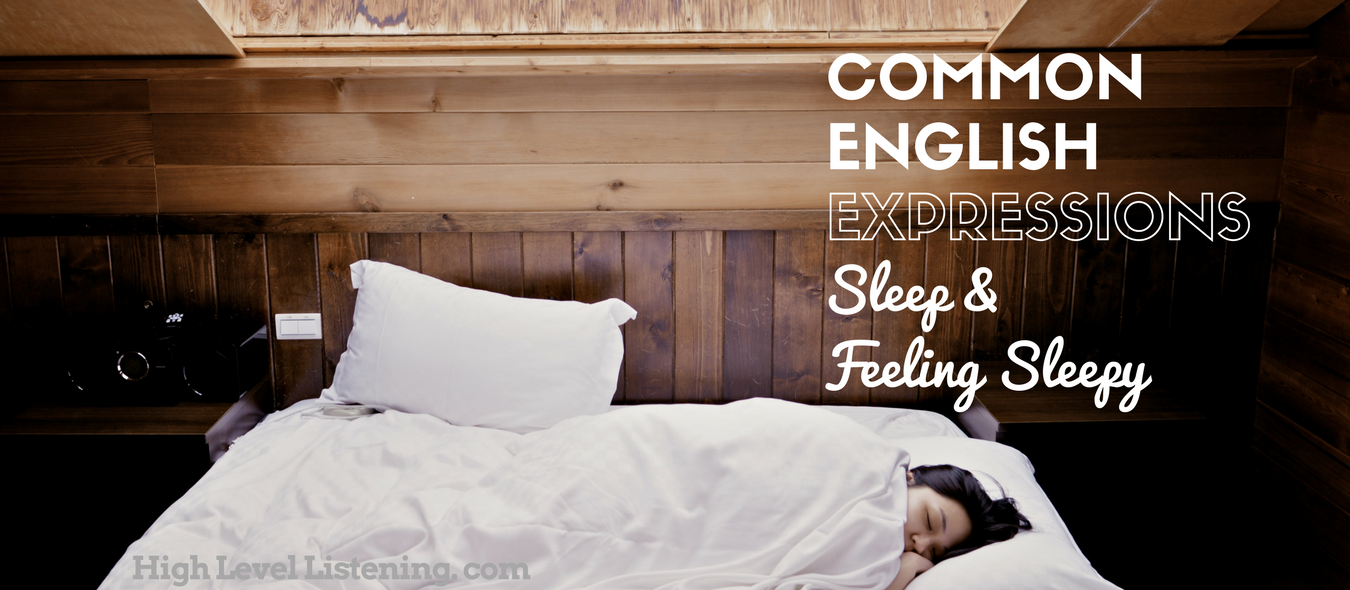Welcome to our Daily English Listening Practice with this week’s series:
12 Common English Expressions
for I don’t know
Today we talk about Common English Expressions to replace the phrase “I don’t know”. We include 12 common words and phrases that you’ll actually hear in normal conversation, plus we let you know about some uncommon or cliche phrases you might find in English textbooks!
Listen to the audio clips for information and pronunciation.
Dunno
[wonderplugin_audio id=”253″]
Notes: can be used alone “dunno” or in a sentence: I dunno…
Beats me
[wonderplugin_audio id=”254″]
Notes: use this if you’ve at least tried to help a little bit, “beats me, I’m sorry I couldn’t do anything to help, I tried.”
I don’t recall
[wonderplugin_audio id=”255″]
Notes: more formal, but still used commonly; I don’t recall is very similar to I don’t know, however, with I can’t recall, you might be asking for someone to jog your memory
I have no idea/clue
[wonderplugin_audio id=”256″]
Notes: when you really don’t know or don’t care, and you can’t even guess; you can also say “No clue. No idea.”
How should I know?
[wonderplugin_audio id=”257″]
Notes: “no offense, but…. *insert offensive statement here*” often said in a rude way because the speaker is frustrated or annoyed with the question, but sometimes it’s fair to use it if you shouldn’t be expected to know the answer; usually continuing with WHY you don’t know the answer is helpful, too
Not as far as I know
[wonderplugin_audio id=”258″]
Notes: not as far as I know…. I’m pretty sure the answer is no; as far as I know…. I’m pretty sure the answer is yes
I don’t know the first thing about…
[wonderplugin_audio id=”259″]
Notes: I don’t know the first thing about… *insert topic here*; I have no experience in what you’re asking about
Your guess is as good as mine
[wonderplugin_audio id=”260″]
Notes: Sometimes people answer their own questions by guessing, if you really don’t know the answer you can tell them that their guess is as good as yours
Couldn’t tell you
[wonderplugin_audio id=”261″]
Notes: couldn’t tell ya: more common in the US; It’s not that they won’t tell you, they just don’t know; you can also say “Can’t help you with that (piece of information)”
Who knows?
[wonderplugin_audio id=”262″]
Notes: rhetorical question, can be used for crazy or weird questions
Can’t Help You There
[wonderplugin_audio id=”263″]
Notes: if you’ve already helped someone with one set of information, or you would like to help but you can’t, you can use this phrase.
I’m not the one to ask
[wonderplugin_audio id=”264″]
Notes: you can use this when you’re not sure of the answer (or don’t know at all), but you might be able to find the person who can help them; I’m not the one to ask, but I think I can find someone to help you.
Cliches
Some phrases and expressions you learn at school or in old English textbooks include boring and overused phrases called cliches. You probably won’t sound like a native speaker if you use these phrases instead of “I don’t know”:
[wonderplugin_audio id=”265″]
Haven’t the foggiest: pretty uncommon but VERY British
Search me: found in books, not often in conversation
You’ve got me there: used sarcastically usually
Haven’t the faintest: Mark’s auntie says this, but we don’t hear it much
I haven’t got a clue: this one’s pretty long try “I have no clue” or “no clue” instead
Thanks,
Kat and Mark





